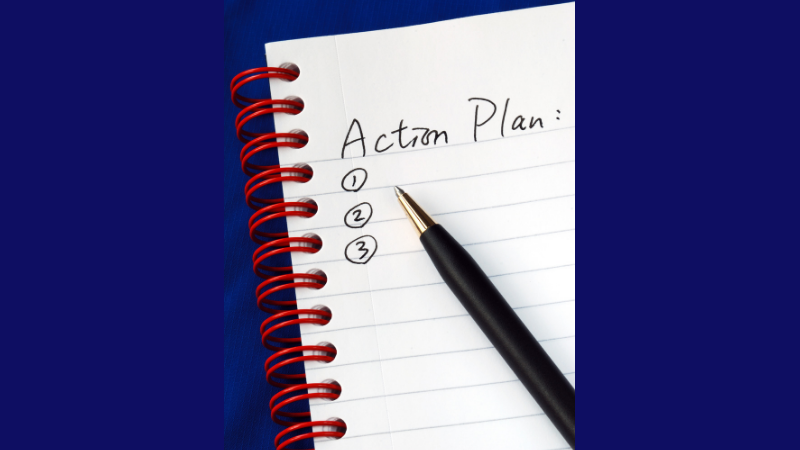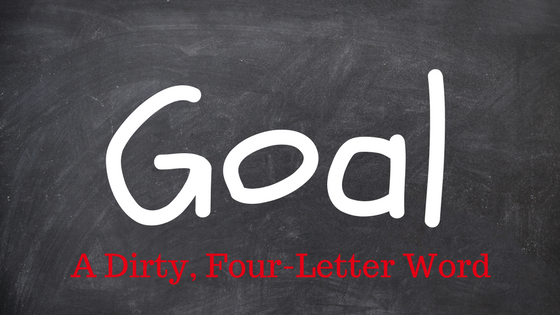Depression Treatment: Beyond Medication
This is the fourth article in a series on Depression. Click through to find the first article on the depression cycle, the second on the types of depression, or an article on the causes of depression. In this article, we will cover the variety of depression treatment options that are available.
A Good Depression Treatment Plan Is More Than a Prescription
One of the biggest misnomers about depression is that treatment is handled with the administration of a pill. “Did you take your meds today?” is one of the more infuriating questions a depression sufferer hears when they are having a bad day.
In reality, depression treatment usually involves a multi-pronged approach. While each depression treatment plan is tailored to the individual, common categories include antidepressant medications, therapy, education, and self-care.
Antidepressants
Since many people start with medications, let’s take a look at these. Antidepressants are available in five primary types: SNRIs/SSRIs, MAOIs, Tricyclics, and NASSAs.
Most people do well on SSRIs (selective serotonin reuptake inhibitors), such as Lexapro, Prozac, Paxil, and Zoloft. Essentially, SSRIs prevent the re-absorption of serotonin in certain brain cells, which helps create a better balance between all the cells and improve the brain’s functioning.
SNRIs are very similar to SSRIs. They inhibit both the re-absorption of serotonin and noradrenaline, which allows for a more even distribution of serotonin and norepinephrine in the brain.
Serotonin and norepinephrine are neurotransmitters, meaning that they help messages get from one part of the brain to the next. Specifically, these act as mood stabilizers. Stabilizing the amount of norepinephrine and serotonin in the brain can combat depression and stabilize moods.
Did you know? Serotonin is made from the amino acid tryptophan. While we commonly know tryptophan as the turkey hormone, it is also found in nuts, cheese, and red meat. A tryptophan deficiency can lead to a serotonin deficiency, which can be a cause of depression.
MAOIs, Tricyclics, and NASSAs are lesser-used anti-depressants and are usually attempted if SNRIs/SSRIs are not effective.
Therapy
We are all human, which means we’ve all experienced hurts, pains, and trauma. Some of us have an easier time than others processing these experiences, but most people benefit from having a trained counselor or therapist help them explore and resolve the feelings stemming from these experiences.
Also, a therapist can help us identify harmful and inaccurate thinking and guide us through correcting and changing those thoughts.
Therapy is often a one-on-one experience, although many people also find support groups, family, and marriage counseling helpful.
In my therapy experience, I’ve discovered that seemingly small incidents were still impacting how I experience and respond to current situations. Therapy has been a significant part of my success in my recovery journey.
Education
Getting educated on depression (like we are doing right now!) is a big help in depression treatment. The more we understand our diagnosis and symptoms, the better we are able to tackle the beast.
There are many ways to learn more about your diagnosis, including Google, local classes (check if your health care provider offers there), books, podcasts, and videos. I encourage you to take advantage of as many outlets as are available to you.
Also, don’t stop learning! It’s OK to take it slow if that’s what works best for you. Also, know that we are learning more and more about depression every day, so it’s important to come back and do more research periodically.
Self-Care
A lot of what we talk about here on Wounded Birds Ministry falls into this category. When I was in my depression class, they used the acronym SPEAK UP:
Schedule: Routines are important and helpful to our recovery process. Read more here.
Pleasant Activities: Building in time for activities and experiences that bring us joy helps us better manage our moods and more easily maintain stability. Read more here.
Exercise: I don’t write on this one a lot, mostly because it’s my kryptonite. Research suggests that even small amounts of activity can impact our mood. Only have 10 minutes a day? Then just do that!
Avoid alcohol and drugs: There’s a well-documented relationship between depression and substance use. It’s not about being an alcoholic or an addict; even smaller or well-managed usage of these substances impact our moods. They also disrupt our sleep and may interfere with our medications.
For me, I’ve given up alcohol altogether. Even when I’m on medication for my bipolar, I can feel the difference it creates in me now.
Kind Thoughts: Learning to speak and thinking kindly of ourselves is, for many of us, the biggest challenge on our recovery journey. Beyond challenging our thinking distortions, taking a compassionate posture to ourselves is helpful.
Unwind: Make time for yourself to let go and relax. This can look like meditation, prayer, breathing exercises, or progressive muscle relaxation. Taking time to let go of day-to-day experiences and sit with ourselves is a tremendously helpful tool.
Practice Assertiveness: Often, accomplishing any of this means getting clear on our priorities, setting boundaries, and learning how to ask for what we need.
What Should Your Depression Treatment Plan Contain?
I can’t answer this question for you. I’m not your doctor, your therapist, or your psychiatrist. What I can say is that is your treatment plan probably requires several of these components. Self-care will be a part of every plan; that’s just good living.
Nutritional or exercise changes may be helpful for you. Going to therapy might be right for you. Antidepressants may not be necessary for your depression. Or, maybe taking an antidepressant in the short-term just makes the fight easier so you can do everything else.
My depression treatment plan contains all these elements – because that’s what is best for me. Michael Phelps, renowned Olympian swimmer, probably didn’t stress about nutrition and exercise as part of his depression plan. We’re different people with different needs.
What I would say is start small. I started with therapy before moving on to medication. From there I was able to look at my nutrition and other elements of my self-care plan.
I didn’t do it all at once. Success in one area encouraged me to try another. It took time, but eventually, I did start to feel better. Adding in each new layer improved my overall mental state, helping me recover more and more fully.
I’m confident if you take a similar approach, you will find relief and a new life.
These two articles are most heavily represented in the research conducted for this article:
https://www.healthline.com/health/mental-health/serotonin
https://www.medicalnewstoday.com/kc/antidepressants-work-248320
Do you have a depression treatment plan today? What does an effective plan look like for you?
Looking for daily inspiration and community? Join our warm and supportive Facebook group!









